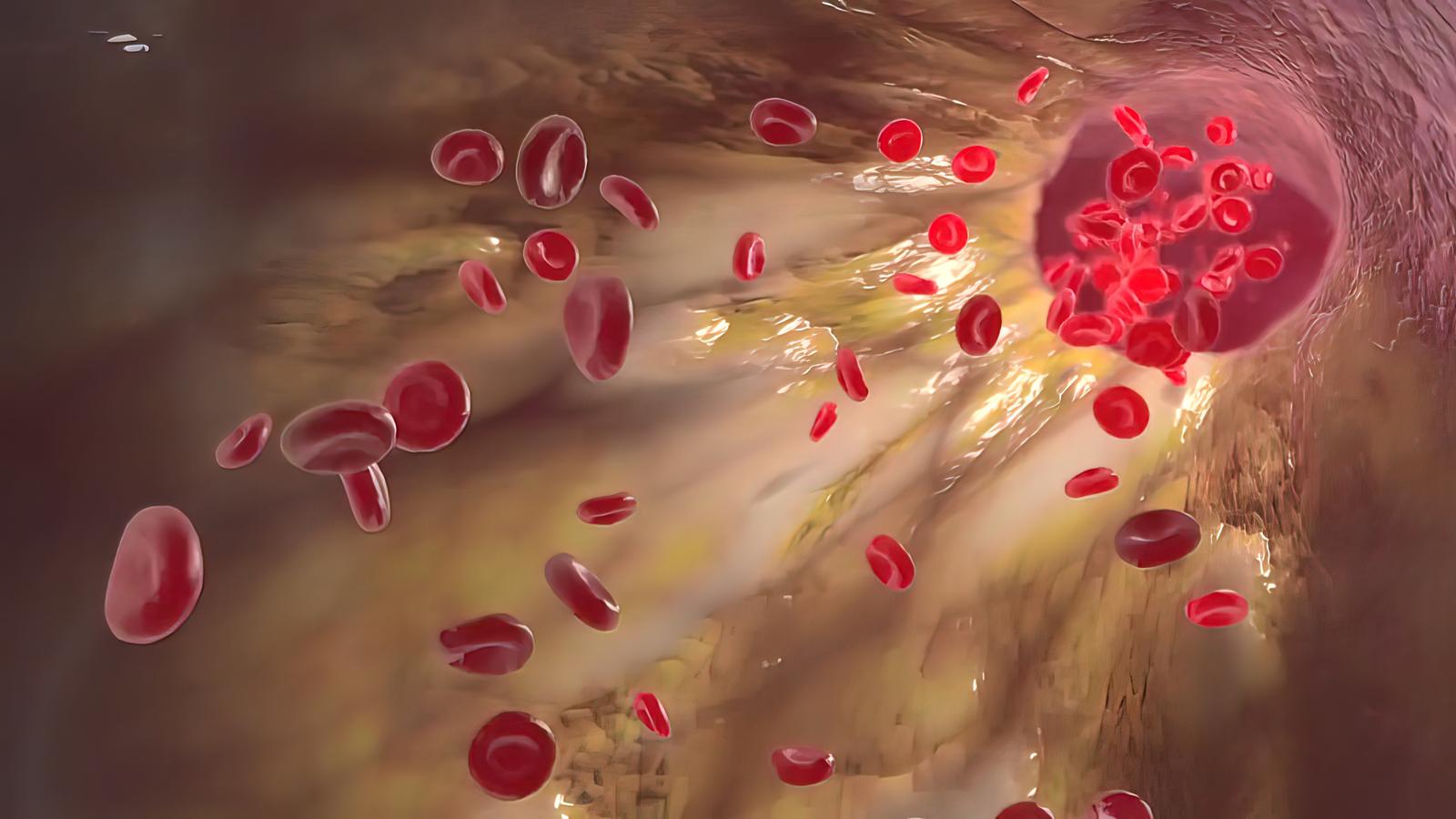Short Sleep May Double Risk Of Clogged Leg Arteries
Archive of the American Sleep Apnea Association
Sleeping less than five hours a night is associated with a 74% raised risk of developing peripheral artery disease (PAD) compared with seven to eight hours, according to a recent study published in the European Heart Journal.
“Insufficient night-time sleep and daytime napping have previously been associated with a raised risk of coronary artery disease which, like PAD, is caused by clogged arteries,” said study author Dr. Shuai Yuan of the Karolinska Institute, Stockholm, Sweden. “In addition, sleeping problems are among the top ranked complaints in PAD patients. There are limited data on the impact of sleep habits on PAD and vice versa, and our study aimed to fill that gap.”
The study included more than 650,000 participants and was conducted in two parts. First, the researchers analyzed the associations of sleep duration and daytime napping with the risk of PAD. In the second part, they used genetic data to perform naturally randomized controlled trials — called Mendelian randomization — to examine whether these associations were causal, that is, did PAD cause poor sleep, or vice versa?
Taken together, the strongest evidence was for short sleep, where the relationship with PAD went both ways. In an observational analysis of 53,000 adults, sleeping less than five hours a night was associated with a nearly doubled risk of PAD compared with sleeping seven to eight hours. The finding was supported by further analyses in 156,000 and 452,000 individuals.
In studies looking at whether PAD caused sleep duration problems or vice versa, short sleep was associated with an increased risk of PAD and, in addition, PAD was associated with an increased likelihood of short sleep. Dr. Yuan said: “The results indicate that brief night-time sleep can raise the chance of developing PAD, and that having PAD increases the risk of getting insufficient sleep.”
Long sleep – eight hours or more per night – was linked with a 24% higher risk of PAD compared with seven to eight hours . This finding was supported by analyses of the two larger populations.
Similar results were reported for napping, where daytime nappers had a 32% higher risk of PAD compared to those who did not nap. “More studies are needed on the relationships between lengthy night-time sleep, daytime napping and PAD,” said Dr. Yuan. “Although we found associations in the observational studies, we could not confirm causality.”
For now, he said, “Our study suggests that sleeping for seven to eight hours a night is a good habit for lowering the risk of PAD.”
Dr. Yuan concluded: “More research is needed on how to interrupt the bidirectional link between short sleep and PAD. Lifestyle changes that help people get more sleep, such as being physically active, may lower the risk of developing PAD. “
For patients diagnosed with PAD, optimizing pain management could enable them to have a good night’s sleep.”



